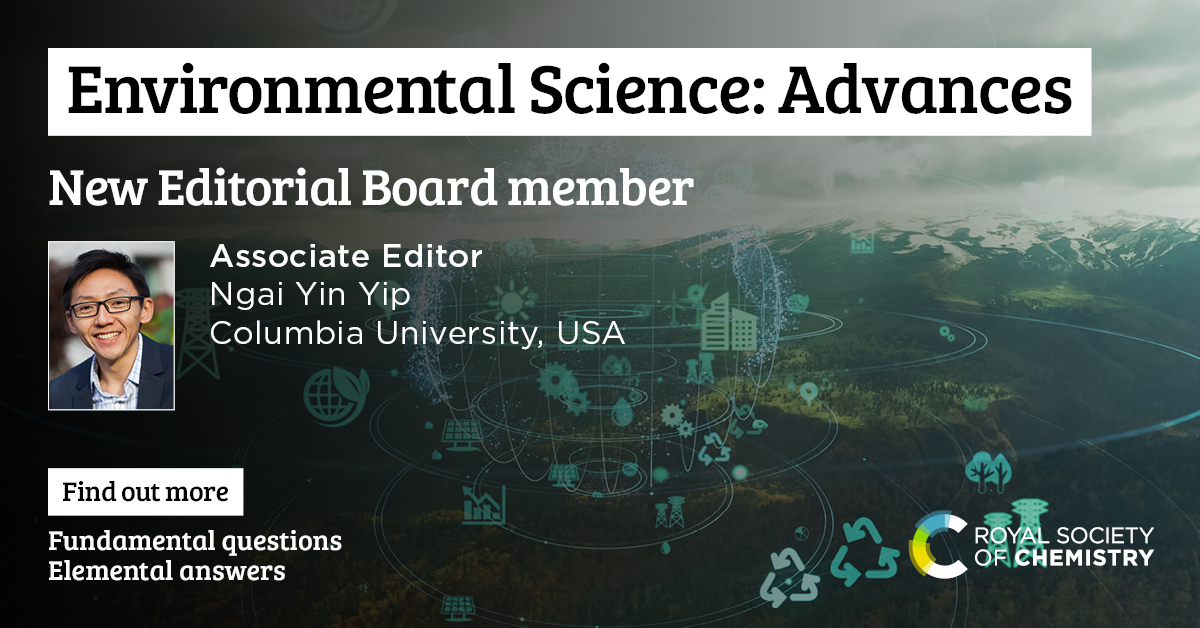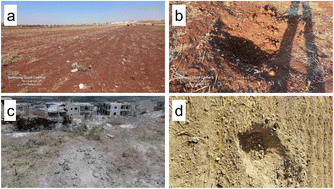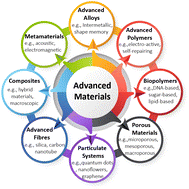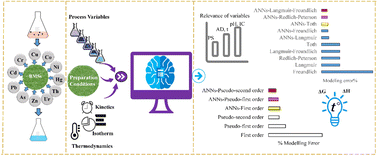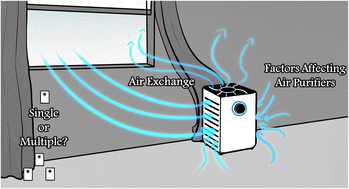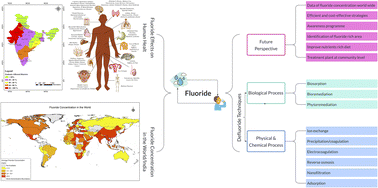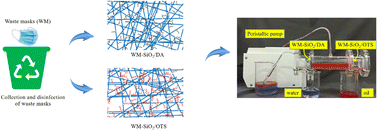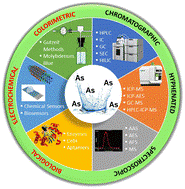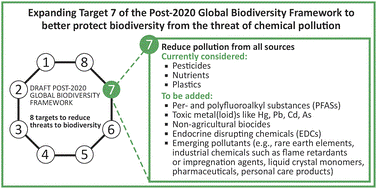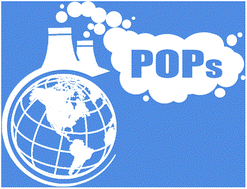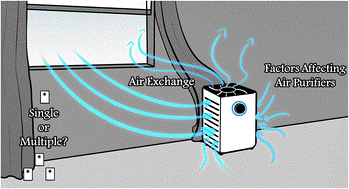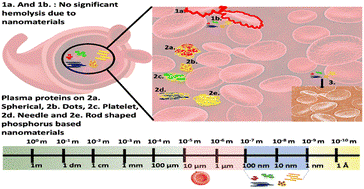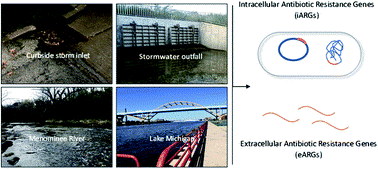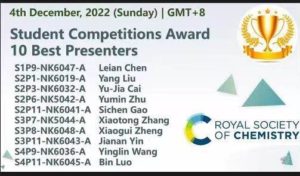Environmental Science: Advances is pleased to present a new themed collection on the topic of Environmental Photocatalysis in the context of Carbon Neutralisation.
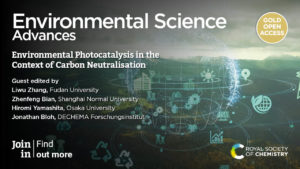
Despite decades of development, photocatalytic technology still has many key scientific problems to solve, including the bottleneck of large-scale application in environmental pollution control, the utilisation efficiency of sunlight, the selectivity of products in photosynthesis and so on.
Guest Edited by Liwu Zhang, Zhenfeng Bian, Hiromi Yamashita, and Jonathan Bloh, the work in this collection seeks to address some of these challenges.
Read the full collection online.
It includes:
Critical Review
Vanessa R. Ferreira and Manuel Azenha, Environ. Sci.: Adv., 2024, 3, 1474-1499
Paper
Can Yang, et al, Environ. Sci.: Adv., 2024, 3, 97-108
Paper
Feng Pan, Rengui Li, et al, Environ. Sci.: Adv., 2023, 2, 1189-1195
Paper
Study of the different morphologies of Zn0.5Cd0.5S for photocatalytic H2 production
Xiuzhen Zheng, Shifu Chen, et al, Environ. Sci.: Adv., 2023, 2, 721-730
Paper
Crystal phase engineering SiC nanosheets for enhancing photocatalytic CO2 reduction
Zizhong Zhang, et al, Environ. Sci.: Adv., 2023, 2, 132-139
Paper
Mingce Long, et al, Environ. Sci.: Adv., 2023, 2, 98-106
We hope you find these articles interesting. Please contact the editorial office if you have any questions about this themed collection or Environmental Science: Advances.


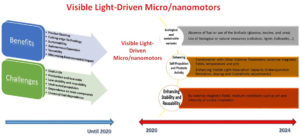
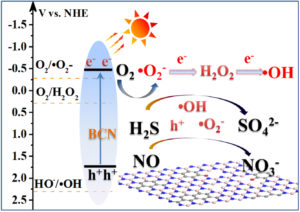
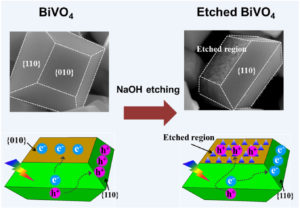
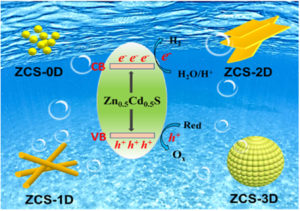
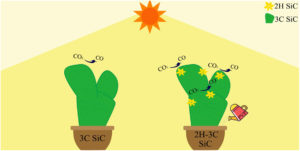
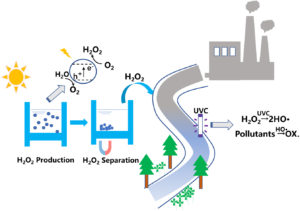
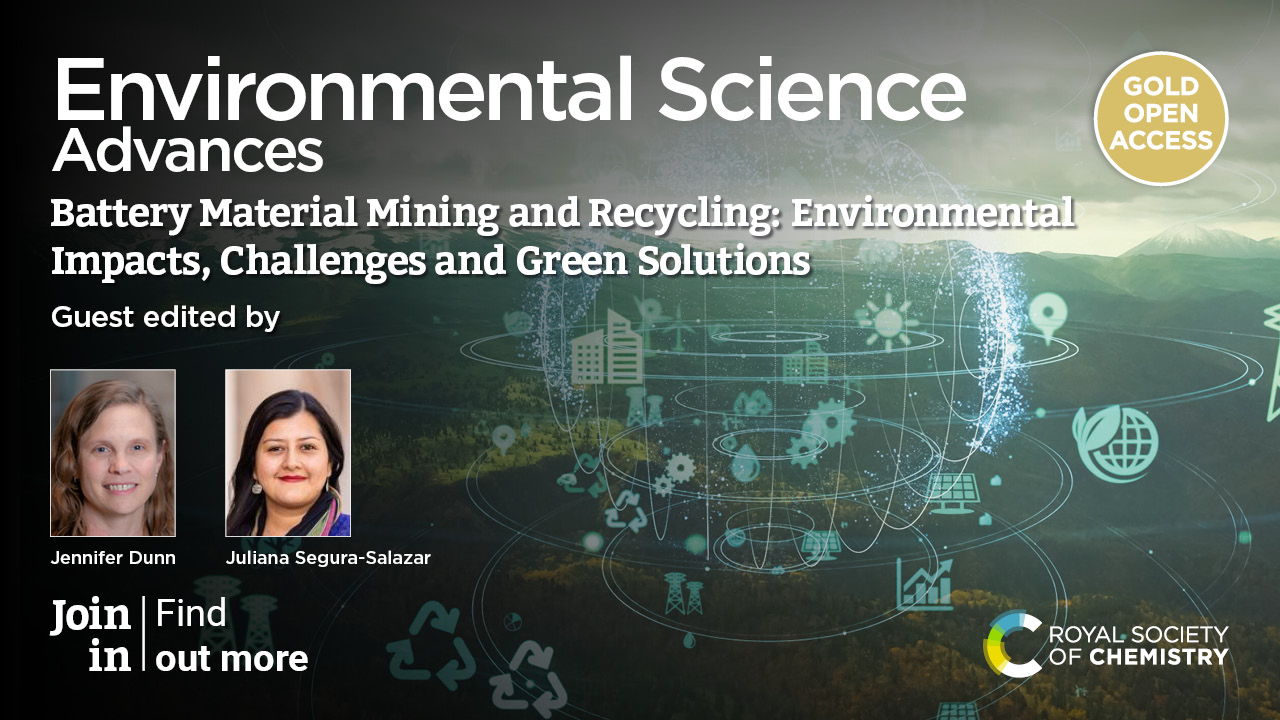

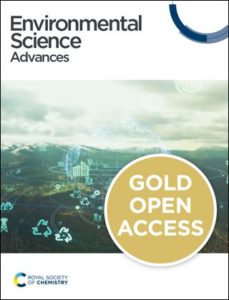

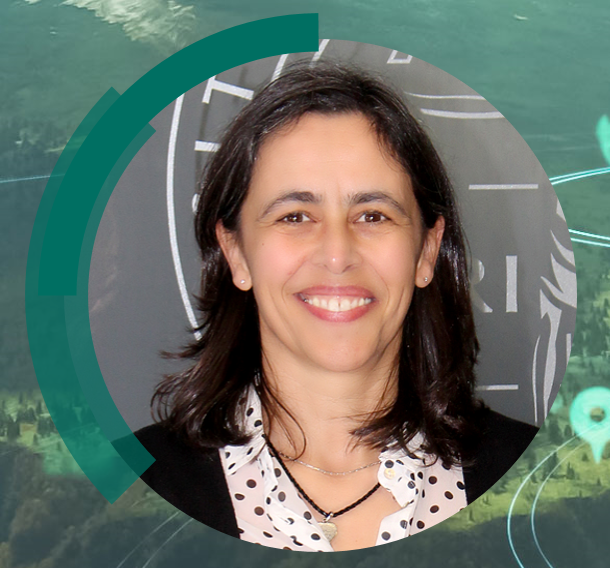 “It’s good to know that our work is appreciated and useful to our colleagues. Research on antimicrobial resistance and its impact on the environment has grown and become more visible over the past decades, thanks to excellent contributions from researchers around the world. This is one of those occasions when you realise that doing research means working in a huge, global community.
“It’s good to know that our work is appreciated and useful to our colleagues. Research on antimicrobial resistance and its impact on the environment has grown and become more visible over the past decades, thanks to excellent contributions from researchers around the world. This is one of those occasions when you realise that doing research means working in a huge, global community.